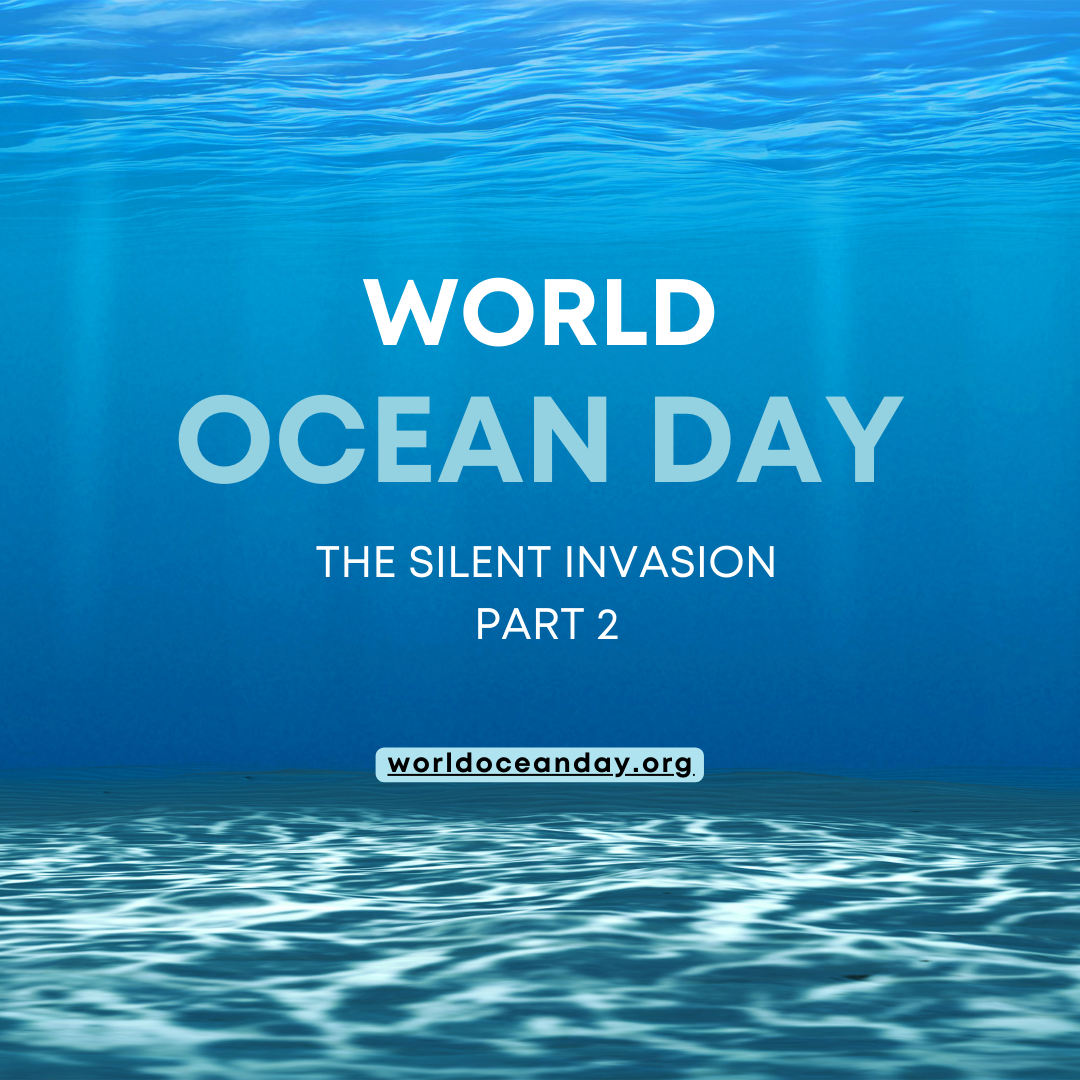The world's oceans are under assault from plastic pollution, which poses a grave threat to marine life and ecosystems. In the previous post, we explored the various pathways through which plastic enters the ocean. Now, let's delve into practical steps we can take to avoid plastic pollution and protect our oceans for future generations.
Embrace Sustainable Alternatives
Reducing our consumption of single-use plastics is a crucial step in preventing plastic from entering the oceans. Choose reusable alternatives such as water bottles, coffee cups, shopping bags, and food containers made from sustainable materials like glass, stainless steel, or bamboo. By incorporating these alternatives into our daily lives, we can significantly reduce the amount of plastic waste generated.
Practice Proper Waste Management
Dispose of plastic waste responsibly to prevent it from ending up in waterways and ultimately the ocean. Always use designated recycling bins for plastic products and make sure to follow local recycling guidelines. Avoid littering and participate in community clean-up initiatives to prevent plastic from entering storm drains, rivers, and other paths leading to the ocean.
Support Plastic-Free Initiative
Support businesses and organizations that actively work to reduce plastic waste. Choose products from companies that prioritize sustainable packaging and offer plastic-free alternatives. Encourage local businesses and restaurants to adopt plastic-free practices by providing feedback and patronizing establishments that align with environmentally friendly values.
Raise Awareness
Education and awareness play a vital role in combating plastic pollution. Share information with friends, family, and your community about the environmental impact of plastic on oceans and marine life. Encourage others to adopt sustainable habits and inspire them to join the fight against plastic pollution. By collectively spreading awareness, we can create a ripple effect of change.
Participate in Beach and River Clean-ups
Take part in beach and river clean-up activities organized by local community groups or environmental organizations. These efforts help remove plastic waste that has already entered the environment, preventing it from reaching the ocean. Additionally, they raise awareness about the issue and encourage others to become actively involved in preserving the cleanliness of our natural spaces.
Support Policy Changes
Advocate for stricter regulations and policies to address plastic pollution. Support initiatives that promote extended producer responsibility, plastic bag bans, and the implementation of effective waste management systems. By voicing our concerns and engaging with policymakers, we can influence positive change on a larger scale.
Preventing plastic pollution in our oceans requires a collective effort. By adopting sustainable alternatives, practicing proper waste management, supporting plastic-free initiatives, raising awareness, participating in clean-up activities, and advocating for policy changes, we can significantly reduce the amount of plastic that finds its way into our oceans. Let's remember that our individual actions, when combined, have the power to make a profound impact on the health and preservation of our oceans and the countless species that depend on them. Together, we can protect our marine ecosystems and ensure a sustainable future for generations to come.

